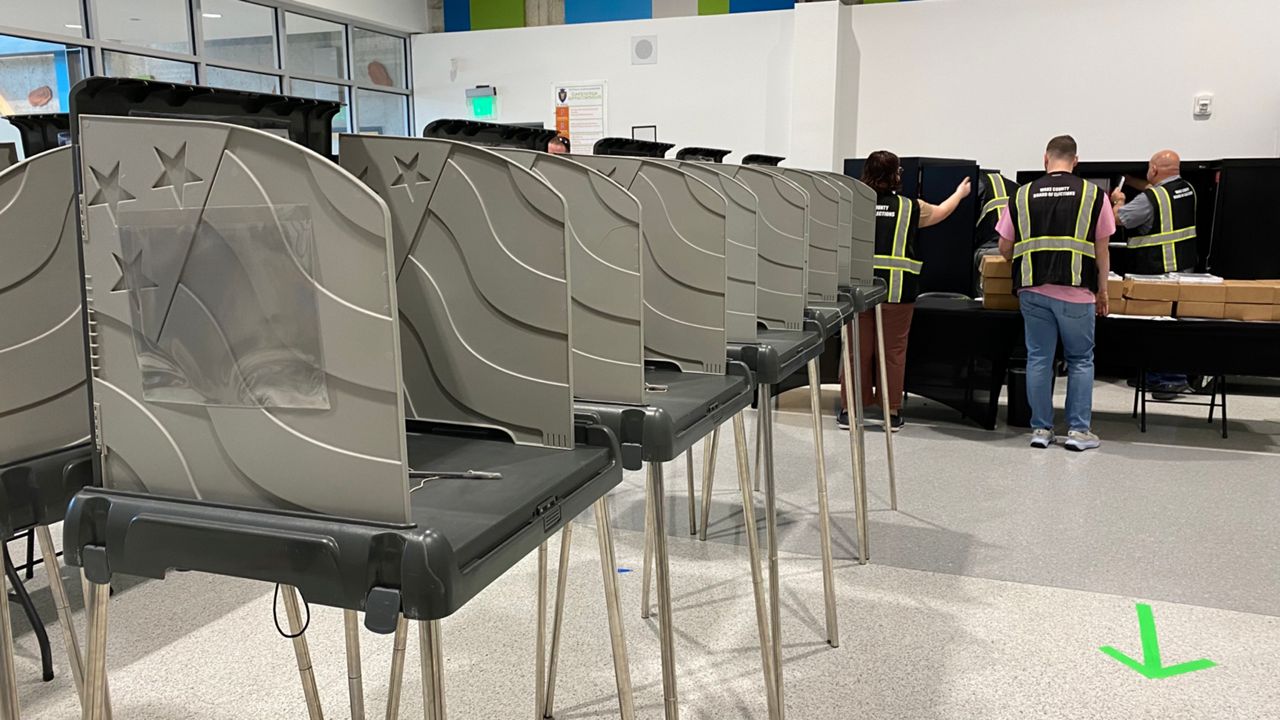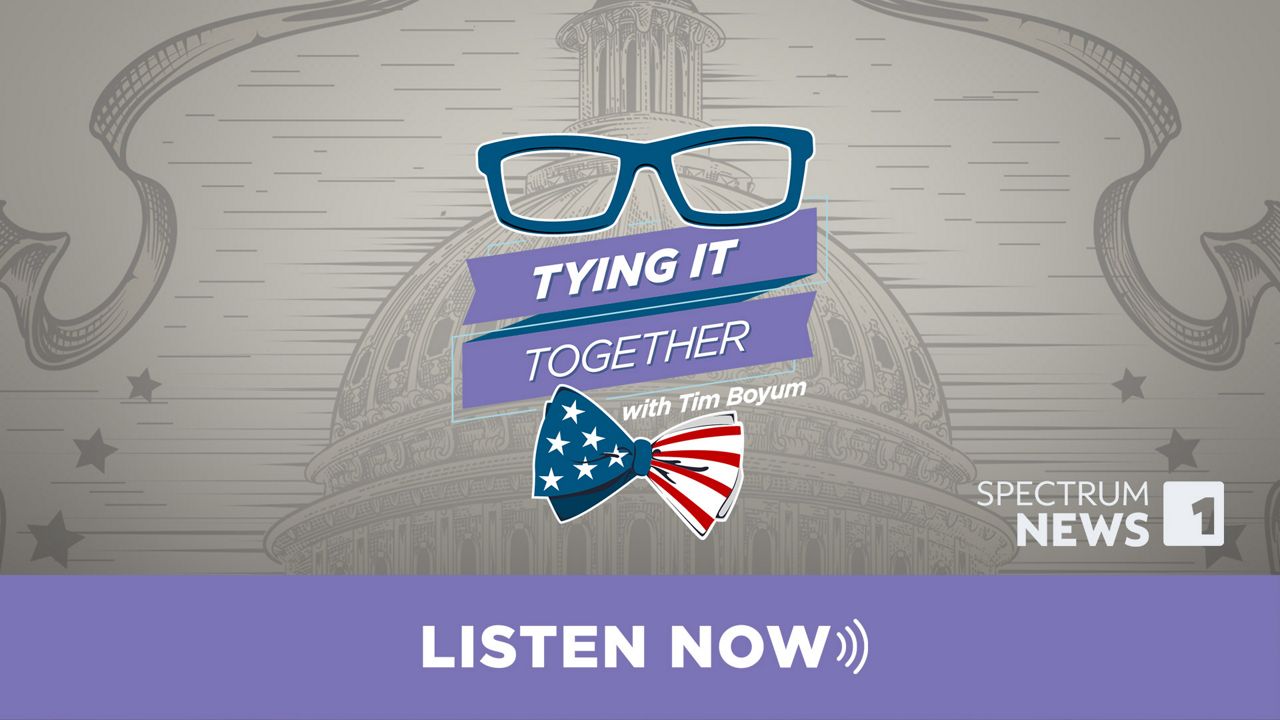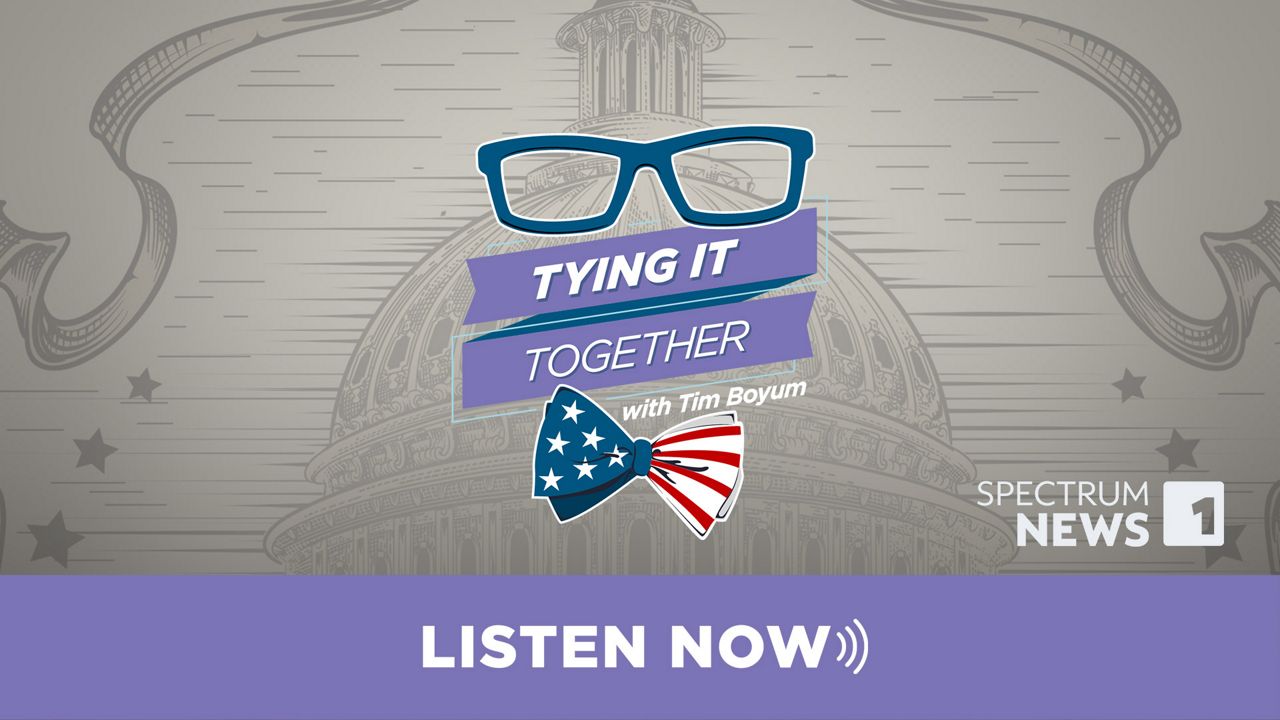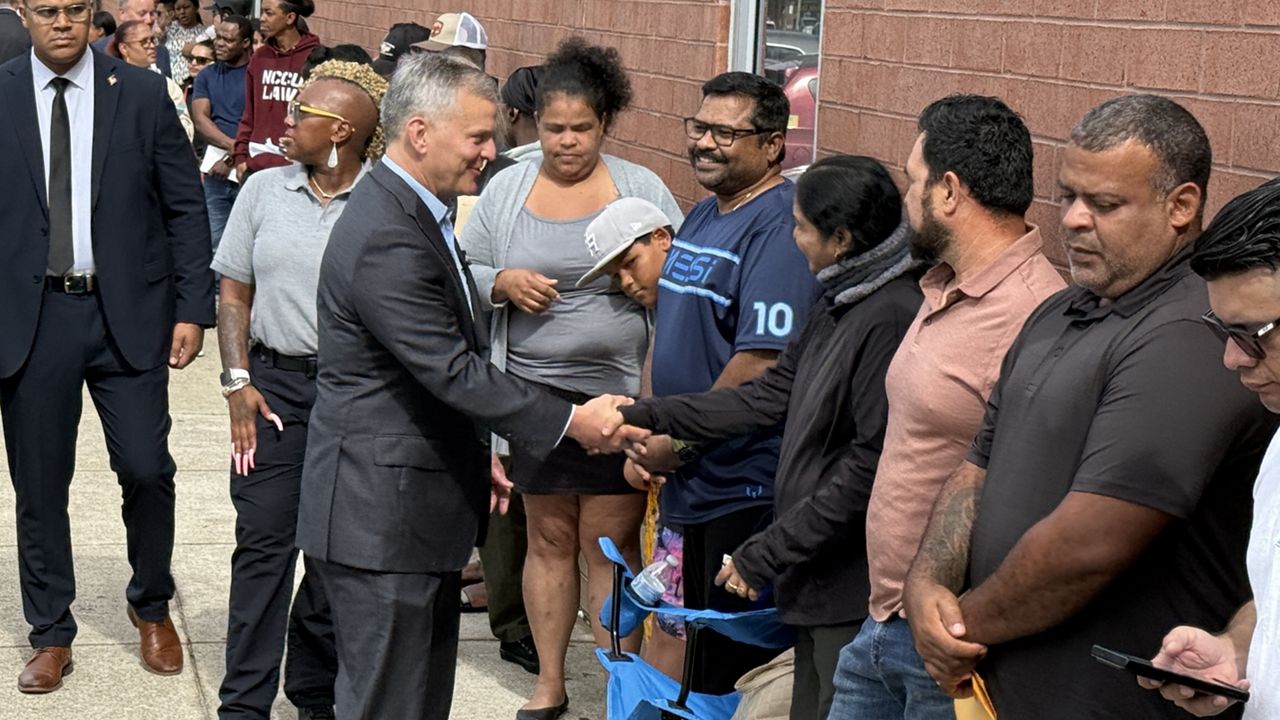Much of the national attention is already looking ahead to the 2024 presidential election. But in North Carolina, hundreds of cities and towns across the state are getting ready to elect local leaders this fall.
In Charlotte, there are three candidates running to challenge incumbent Democrat Mayor Vi Lyles: Lucille Puckett, a Democrat, Republican Misun Kim and Libertarian Rob Yates.
For Charlotte City Council, eight candidates are vying for four at-large seats. Every seat on the council is up for election this year, but District 1’s Dante Anderson and District 7’s Ed Driggs are running unopposed.
Mayor Pro Tem Braxton Winston is not running for reelection to his at-large seat. He said he plans to run for North Carolina commissioner of labor next year.
There are four seats up for election on the Charlotte-Mecklenburg Board of Education. There are 14 candidates running for three at-large seats on the school board.
The races for mayor, at-large and District 2 on Charlotte’s City Council will have primaries on Sept. 12.
Dozens of other towns and cities in the Charlotte area have elections this fall, including Gastonia, Kannapolis, Hickory, Conover, Salisbury and others.
With the exception of Charlotte, primary elections for all other races will be Oct. 10.
The General Election is Nov. 7, with early voting beginning Oct. 19.
The big change for elections this year in North Carolina will be voter ID. Voters will be required to show photo identification to cast a ballot.
The North Carolina Supreme Court overturned its own decision earlier this year to require voter ID.
The 2023 municipal elections will be the first time voters are required to show ID with the new law. Most will be able to show their driver’s license.
For those without a photo ID, people can get one for free from the North Carolina Department of Motor Vehicles. County election boards will also give photo IDs to people who need them and require less paperwork than the DMV.
There are also exceptions for people who cannot show ID, including lack of transportation, disability or illness, not having the documents needed to get an ID, or for a lost or stolen ID.
People who vote by mail will be required to include a photocopy of their photo ID along with their ballot.
County elections officials have a busy schedule in the coming months, with hundreds of local elections around the state to manage.
Aug. 18: Voter registration deadline for primaries in Charlotte and Sanford
Aug. 24: One-stop, in-person early voting begins for primaries in Charlotte and Sanford
Sept. 5: Absentee ballot request deadline for September primaries (5 p.m.)
Sept. 9: One-stop, in-person early voting ends for September primaries
Sept. 12: Election Day for primaries in Charlotte and Sanford
Sept. 15: Civilian voter registration deadline for October elections
Sept. 21: One-stop, in-person early voting begins for October elections
Oct. 3: Absentee ballot request deadline for October elections
Oct. 7: One-stop, in-person early voting ends for October elections
Oct. 10: Election Day in municipalities with October elections
Oct. 13: Voter registration deadline for November elections
Oct. 19: One-stop, in-person early voting begins for November elections
Oct. 31: Absentee ballot request deadline for November elections (5 p.m.)
Nov. 4: One-stop, in-person early voting ends for November elections
Nov. 7: Election Day in municipalities with November elections








